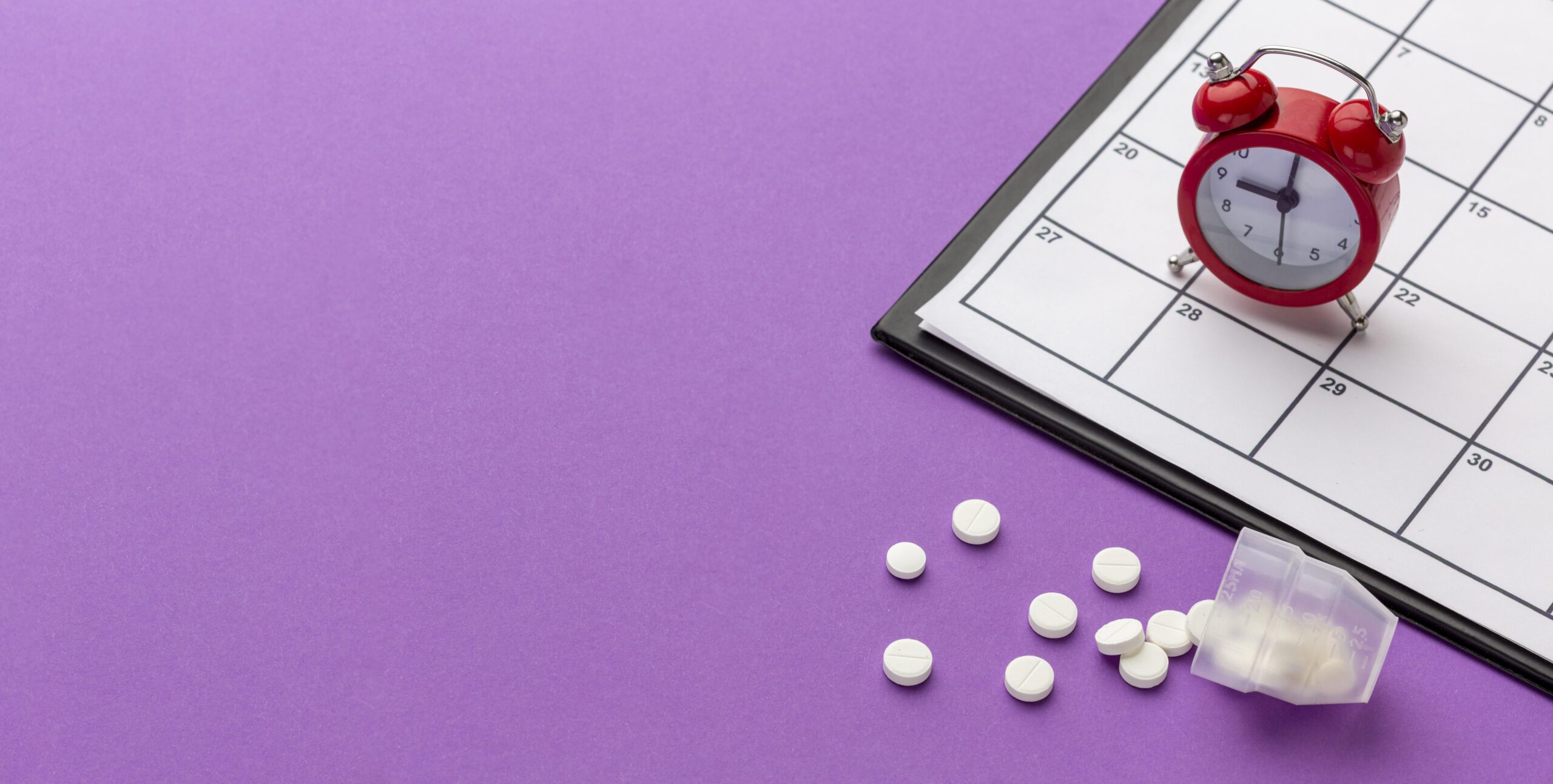5 Essential Tips for Hormone Balance in Your Golden Years
Contents
- 1 5 Essential Tips for Hormone Balance in Your Golden Years
Read DISCLAIMER
Explore 5 crucial tips to maintain hormone balance and overall well-being during your golden years. Learn how to navigate the changes that come with aging for a healthier and more vibrant life._

Table of Contents
1. Introduction
2. Understanding Hormones and Aging
3. Prioritize a Balanced Diet for Hormonal Harmony
4. Regular Physical Activity: A Key to Hormone Health
5. Stress Management for Hormonal Equilibrium
6. Quality Sleep: A Foundation for Hormone Balance
7. Conclusion
8. FAQs
Introduction
Hormonal shifts become a normal component of the aging process as we approach our golden years. Our well-being may be significantly impacted by these changes, which may have an effect on anything from energy levels to mood. However, it is feasible to preserve hormone balance and lead a vibrant life with the appropriate techniques and lifestyle changes. In this post, we’ll examine five crucial suggestions to guide you on the path to hormonal balance in your elderly years.

Understanding Hormones and Aging
Hormones are essential for controlling several biological processes, such as metabolism, mood, and sleep cycles. Our physical and emotional well-being naturally changes as we age due to changes in hormone production and balance. The first step in proactively managing your hormone health is to be aware of these changes.
Prioritize a Balanced Diet for Hormonal Harmony
Supporting hormone balance requires a balanced diet full of nutrient-dense foods. Include a mix of fruits and vegetables, whole grains, lean proteins, healthy fats, and lean proteins in your meals. Omega-3 fatty acids and antioxidant-rich foods can enhance hormone health overall by reducing inflammation.

Regular Physical Activity: A Key to Hormone Health
Regular physical exercise provides a variety of advantages for hormone homeostasis. A healthy weight is supported by exercise, which in turn promotes hormonal balance. The “feel-good” chemicals endorphins, which are released during exercise, can also have a favorable impact on mood and relieve stress.
Stress Management for Hormonal Equilibrium
Chronic stress can alter hormone balance and be a factor in a number of health problems. Include stress-reduction practices like meditation, deep breathing exercises, and time spent in nature in your daily routine. Hormonal health may be significantly impacted by proper stress management.
Quality Sleep: A Foundation for Hormone Balance
Hormone balance and general health depend on sleep. Create a sleep-friendly atmosphere and follow a regular sleep routine to get regular, restful sleep. The body’s normal hormone synthesis and repair activities are supported by restful sleep.
Conclusion
A more contented and energetic existence may result from embracing the golden years while putting an emphasis on hormone balance. You may negotiate the changes with grace and preserve optimal hormonal well-being by knowing the role hormones play in aging and putting these five crucial suggestions into practice: eating a balanced diet, getting regular exercise, controlling stress, and making sure you get enough sleep.
FAQs
Can hormone imbalances be managed naturally?
Yes, adopting a healthy lifestyle that includes proper nutrition, exercise, and stress management can help manage hormone imbalances.
Are there specific foods that promote hormone balance?
Foods rich in omega-3 fatty acids, fiber, and antioxidants can support hormonal harmony.
How does exercise impact hormone production?
Exercise supports weight management and releases endorphins, contributing to balanced hormone levels.
Can stress affect hormone production?
Chronic stress can lead to cortisol imbalances, affecting various hormones in the body.
What role does sleep play in hormone health?
Quality sleep is essential for regulating hormone production, repair, and overall well-being.

I was looking at some of your blog posts on this site and I believe this
website is real informative! Keep putting up.?
Your point of view caught my eye and was very interesting. Thanks. I have a question for you.
Your point of view caught my eye and was very interesting. Thanks. I have a question for you.
I don’t think the title of your article matches the content lol. Just kidding, mainly because I had some doubts after reading the article.
I don’t think the title of your article matches the content lol. Just kidding, mainly because I had some doubts after reading the article.
Your article helped me a lot, is there any more related content? Thanks! https://www.binance.com/ru/register?ref=O9XES6KU